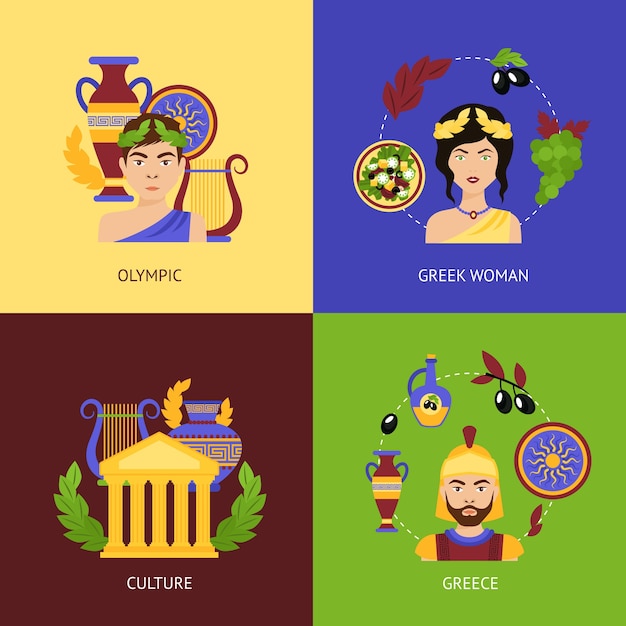Athena Fun Facts

Athena is the Greek goddess of wisdom and warfare.
Athena is often depicted wearing a helmet and holding a shield and spear.
Athena is said to have been born fully grown and armored from Zeus’ forehead.
Athena’s Roman counterpart is Minerva.
Athena is also known as Pallas Athena.
Athena is the patron goddess of Athens, Greece.
Athena is often associated with owls, which are considered a symbol of wisdom.
Athena is credited with inventing the flute.
Athena is known for her strategic and tactical skills in battle.
Athena’s sacred tree is the olive tree.
Athena is said to have given the gift of the olive tree to the people of Athens.
Athena is often depicted with a serpent, which is a symbol of wisdom.
Athena’s temples were known as Parthenons.
Athena is believed to have assisted Odysseus during his journey home in the epic poem The Odyssey.
Athena is said to have guided Perseus in his quest to slay the Gorgon Medusa.
Athena’s symbol is the aegis, a shield depicting the head of Medusa.
Athena is one of the Twelve Olympians, the major deities in Greek mythology.
Athena is often referred to as a virgin goddess, symbolizing her independence and wisdom.
Athena is said to have defeated Poseidon in a contest to become the patron deity of Athens.
Athena is associated with crafts and skillful workmanship.
Athena is believed to have taught humans the art of weaving.
Athena Fun Facts part 2
Athena’s birth was foretold by her mother, Metis, who was swallowed by Zeus to prevent the birth of a child that could overthrow him.
Athena is said to possess the ability to transform into different animals, including birds and snakes.
Athena is often depicted in artwork alongside her father, Zeus.
Athena’s wisdom is often characterized as practical and strategic, rather than purely intellectual.
Athena is considered a protector of heroes and warriors.
Athena’s shield, the aegis, is said to have the power to instill fear in her enemies.
Athena is believed to have invented the plow, as well as various other agricultural tools.
Athena is known for her calm and rational demeanor, even in the heat of battle.
Athena is often referred to as bright-eyed or grey-eyed in Greek literature.
Athena is one of the few Olympian deities to have a favorable relationship with mortals.
Athena is said to have planted the first olive tree on the Acropolis in Athens.
Athena’s birth is sometimes depicted in artwork as her emerging fully grown and armored from an olive tree.
Athena’s followers were known as the Children of Athena.
Athena is often depicted with Medusa’s head on her shield or helmet.
Athena is believed to have created the first musical instrument, the flute or aulos.
Athena is said to have inspired the invention of the ship’s sail.
Athena is known for her fairness and impartiality, often serving as a judge in disputes among the gods.
Athena is associated with the concept of just warfare, advocating for strategic and ethical combat.
Athena is often invoked as a protector against evil and malevolent forces.
Athena is said to have invented the plow, transforming the lives of farmers.
Athena’s statue, the Athena Parthenos, was one of the largest and most famous sculptures in ancient Greece.
Athena is believed to have guided the heroes Heracles and Theseus in their quests.
Athena is considered a symbol of wisdom, courage, and strategic thinking.
Athena is honored in the city of Athens with a statue atop the Parthenon, symbolizing her significance to the city.

